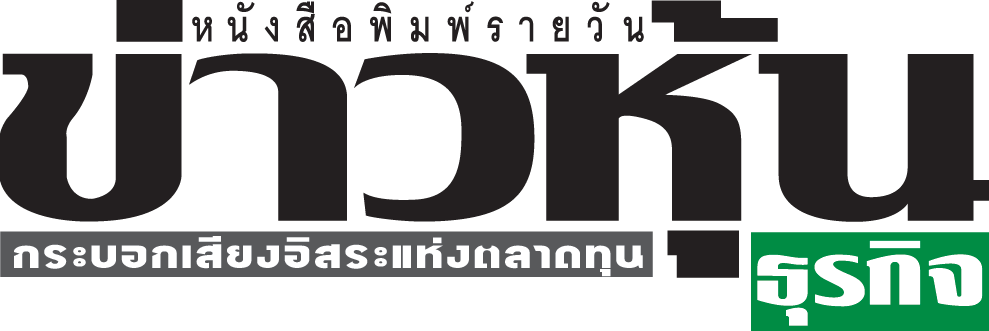
Wholesale Central Bank Digital Currencies Could Save Billions in Cross Border Payments
ASEAN region to benefit the most from wholesale CBDCs, Bank of Thailand test trial with regional partners is underway
Central bank digital currency (CBDC) could save the world $100 billion in transactions cost a year in terms of cross border payments, according to a report by JPMorgan and consulting firm Oliver Wyman.
Annually $24 trillion wholesale payments are initiated across borders globally with banks incurring over $120 billion transaction costs, the figure excludes potential hidden costs in trapped liquidity and delayed settlements.
Jason Ekberg, partner at Oliver Wyman in a statement said, “The bulk of today’s wholesale cross-border payments process remains sub-optimal due to multiple intermediaries between the sending and receiving banks, often resulting in high transaction costs, long settlement times, and lack of transparency on the status of the payments.”
In recent years private firms, commercial banks and central banks undertook several initiatives to incorporate blockchain into wholesale banking, however none reached the magnitude as the multiple central bank digital currency (mCBDC) network.
The report focused on the ASEAN region which contributes to 7% of global cross border trade comprising diverse range of 10 currencies.
JPMorgan and Oliver Wyman noted the ideal model for mCBDC should encompass the process from minting and redeeming of CBDCs to FX conversation and settlement.
Earlier this year the French central bank and the Monetary Authority of Singapore tested wholesale CBDC sandbox program executed using a permissioned version of Ethereum (ETH) called Quorum which is developed by JPMorgan.
The Bank of Thailand (BOT) is also testing wholesale CBDC under the project name mBridge which once implemented would have use case of multi-jurisdictional trade, cross border e-commerce payments and supply chain financing.

BOT’s mBridge is in collaboration with Central Bank of the U.A.E, People’s Bank of China and Hong Kong Monetary Authority.


